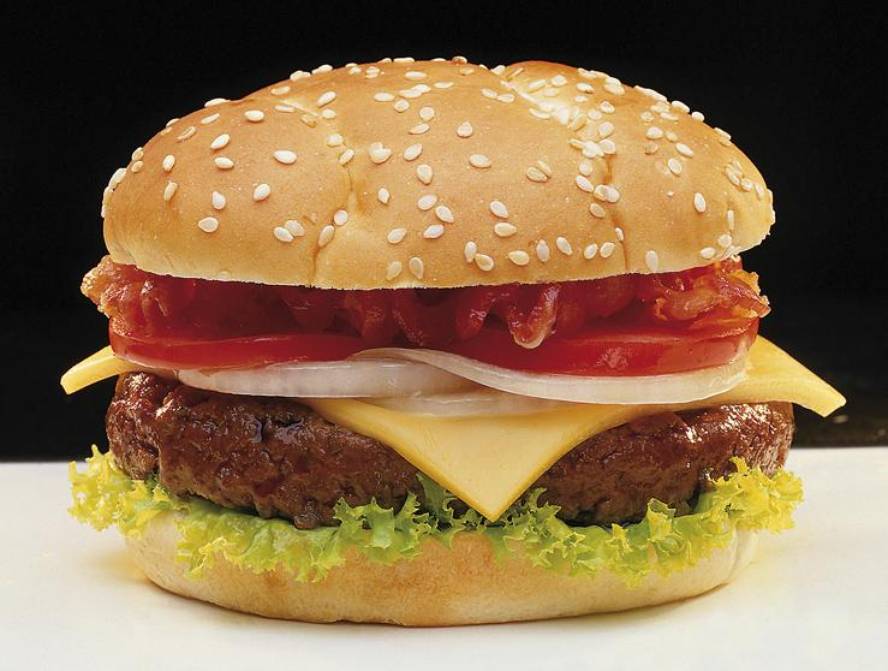Meat in vitro soon on plate

In six months they will get the first sausage in vitro. Mark Poste, physiologist at Maasstricht University, a pioneer in this field, has made this forecast at a recent congress held in Gothenburg. At the congress, international researchers exposed the latest works for meat production in vitro and, although some of them took skepticism what Poste said, the prediction has had a considerable echo in the media.
Mark Poste explained that they have obtained muscle strips 2.5 centimeters long and 0.7 wide with fetus serum of horses raised by stem cells of pigs. To do this, they first take stem cells from the pig muscles and then raise them in the laboratory on a three-dimensional support. The support is a biodegradable polymer that can take any shape. The cells are applied by holding two points to grow in tension and providing them with all the nutrients needed to grow.
Poste has also said that they also provide electrical stimuli to the cells, so they contract and produce more proteins than with the mere presence in tension. However, their goal is not to create a muscle with blood vessels, but to make muscle tissue, sausages or burgers, for example.
However, the researcher recognizes that they also have problems. One of them is the limited in vitro growth capacity of pig muscle stem cells: After 20-30 reproductions lose this ability. This requires extracting new stem cells from the pig muscles. In addition, they must greatly improve the efficiency of the method, since in vitro production is much more expensive than conventional meat.
According to researchers at the University of Maasstricht, in vitro meat has two main advantages over normal meat: on the one hand, there is no need to kill cattle -- pain-free meat, that is, pain-free meat, and on the other, it consumes less energy and generates less waste than conventional crops.
It will take a long time to market, among other things because they will have to prove that it is safe for health, but if it arrives, the last word consumers have. And opinions have already appeared contrary to frankstein meat.





